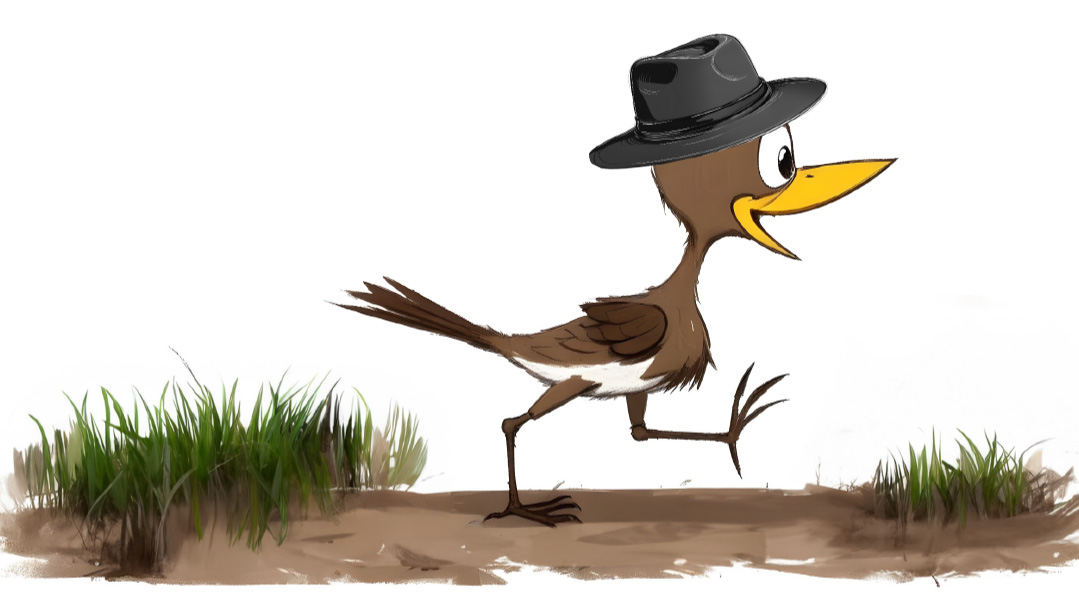Sweetness Dissolved

We argued whose turn it was to spend Sundays with Zeidy

I can’t recall exactly when the privilege turned into a burden.
His walk was a shuffle, the result of years of hiding underground in war-torn Europe, of carrying the lost lives of his family — his father, mother, siblings. He was stoic, never spoke about the years of horror, of unimaginable suffering, but the nightmares gave him away; twisted, damp sheets around a body that refused to forget.
Zeidy was generous with the little money he had. From his pension, he wrote out ten checks for $10 each to various tzedakah organizations every single week. He loved treating us to goodies, bringing us to Avenue J in Flatbush. He had a sweet tooth and wanted to pass that on to his grandchildren. We all knew he had the same breakfast every day for years: a pastry and a cup of coffee with two teaspoons of sugar.
And every Sunday, he made the trek by subway from Williamsburg — where he still lived independently all through his eighties — to our old house in Brooklyn, to see us, spoil us, have breakfast with us. I remember how my small hand fit into his calloused one, his long, hard nails discolored and warped with time.
He always smelled of soap and old age, a musty scent that gave away the true years behind his facade of perfect health. A linen handkerchief lived in his pocket, a relic from a time when things were treated well, and expected to last. His cheek always sprouted a light stubble, whiskers protruding in odd spots and at strange angles.
Sundays were comprised of pizza, Rosemary chocolate, a visit to the bakery. Sweets that dissolved in the mouth, leaving memories of pleasure.
But soon, the tastes were bitter, ingested by force. We grew older, life was busier, we no longer enjoyed fresh bakery treats the same way. We argued whose turn it was to spend Sundays with Zeidy — not because it was a privilege we fought over, but because it felt like a chore we wanted to pass on.
Zeidy walked slowly, the minutes in his silent presence dragged on. He was never a conversationalist, certainly not an entertainer for little ones — his own childhood ended abruptly, a blur of instant maturity. So silently, we walked the 20 minutes alongside him, itching to get out of the hand that choked us, to return home to take care of the “important things” that define childhood and adolescence.
As Zeidy aged, his faculties withered, until it was no longer safe for him to live by himself. He and an aide moved in with us temporarily. Our parents converted the den into a bedroom for him. In the mornings, I ate Danishes and drank coffee, regaled him with details of my life, desperate to fill the silence I’d grown accustomed to. And then Zeidy deteriorated further, until even my vitality of youth couldn’t energize him.
He was transferred to a nursing home, and away from Zeidy’s daily company, I matured, I realized the importance of our relationship, the fleeting time I had left with him.
I mourned the stupidity of my youth.
(Excerpted from Family First, Issue 670)
Oops! We could not locate your form.












